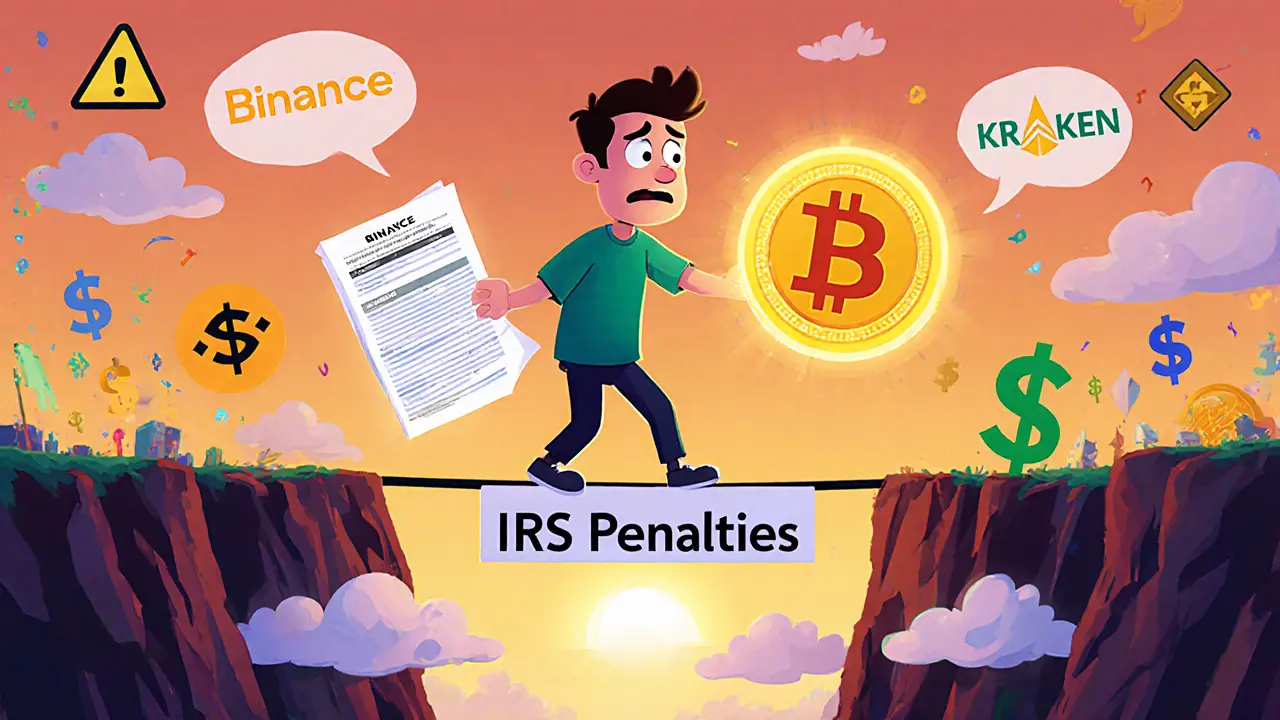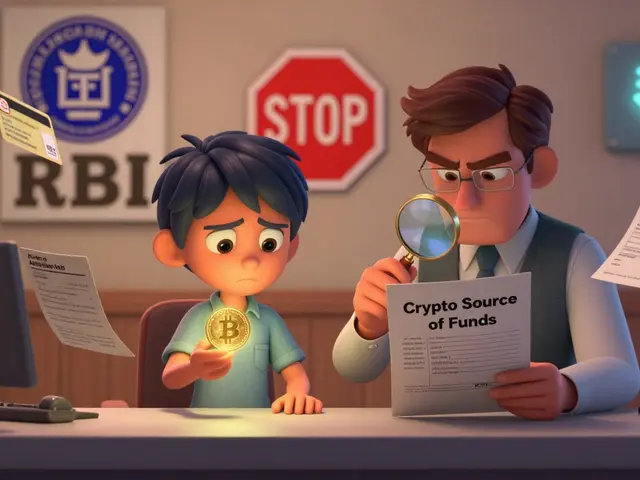Foreign Crypto Regulations: What You Need to Know in 2025
When you trade foreign crypto, cryptocurrency activities outside your home country’s legal boundaries. Also known as cross-border crypto, it’s where regulation gets messy, risky, and sometimes dangerous. Whether you’re in India, China, Thailand, or Jordan, using a foreign exchange isn’t just a technical choice—it’s a legal one. And in 2025, governments aren’t just watching—they’re cracking down.
Take crypto exchanges, platforms that let you buy, sell, or trade digital assets. Also known as digital asset platforms, they’re the main target of foreign crypto rules. Australia requires AUSTRAC registration. Switzerland demands FINMA licensing. Germany enforces BaFin oversight. But if you’re Chinese, Indian, or Thai, using any of these platforms could land you in legal trouble. The difference isn’t about technology—it’s about who controls the money flow. Countries like Afghanistan and Thailand have gone further, banning foreign platforms entirely, arresting users, and shutting down P2P markets. This isn’t about slowing crypto down. It’s about stopping it from slipping through their fingers.
And it’s not just exchanges. crypto regulations, government rules that define how digital assets can be used, taxed, or traded. Also known as digital asset compliance, they’re becoming more detailed—and more punishing. The EU’s MiCA, the US’s GENIUS Act, and Japan’s Financial Services Agency rules all demand transparency. But in places like China or Thailand, the rule is simple: no foreign platforms. Period. If you’re trying to claim an airdrop from a BSC-based token while living in India, you’re not just taking a risk—you’re breaking the law. The same goes for using WazirX, Bybit, or Binance if you’re based where they’re banned.
What’s really at stake?
It’s not just fines or blocked accounts. It’s your money, your freedom, and your future access to crypto. One wrong move on a foreign platform could mean losing access to your wallet, facing legal action, or being locked out of the entire ecosystem. The posts below show you exactly where these traps are hiding: which exchanges are dead, which airdrops vanished without a trace, and which governments are actively hunting users. You’ll see how Jordanians found legal paths after banking bans, how Swiss licensing works step-by-step, and why a token called DOGE isn’t a meme—it’s a scam dressed as government policy. This isn’t theory. It’s real-world guidance from people who’ve been burned, blocked, or banned. What you learn here could save your portfolio—or your freedom.



